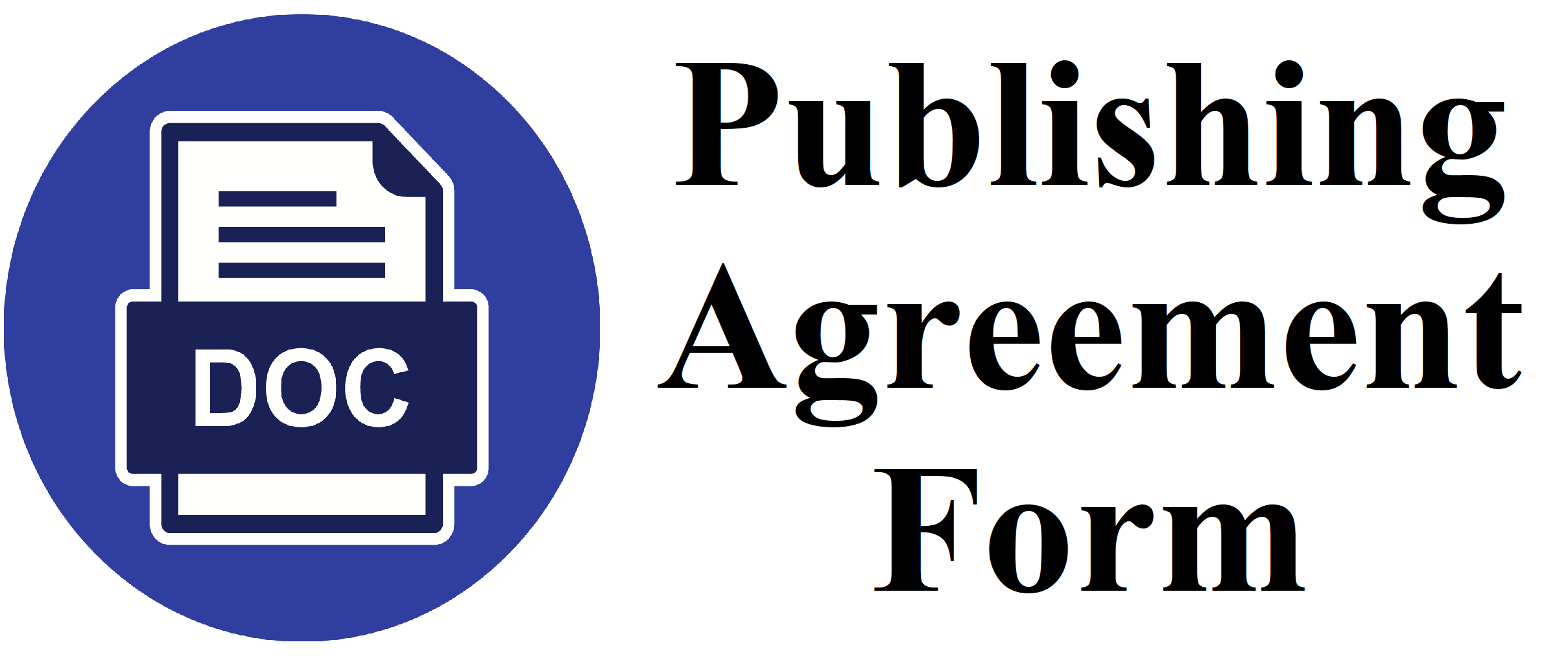Safety of Favipiravir for Treatment of COVID-19: Latest Systematic Review
DOI:
https://doi.org/10.36497/jri.v42i1.243Keywords:
Covid-19, SARS-CoV-2, Antiviral agentAbstract
Background: Adverse event studies of favipiravir use in treating COVID-19 have been ongoing since it was established as a treatment option. A better understanding of the side effects of favipiravir from recent studies is important in developing and assessing the recognition of effective treatments for COVID-19.
Method: This was a systematic review based on studies and case reports on favipiravir monotherapy in COVID-19. Access to the included studies was gained via PubMed, SCOPUS, Science Direct, SpringerLink, and MedRxiv.
Results: Twelve studies consisting of eight studies and four case reports were reviewed. The most common side effects were diarrhea, elevated liver enzyme levels, and hyperuricemia. None of which were significantly different from the comparison. Currently, various adverse event were reported in case reports such as drug fever,acute generalized exanthematous pustulosis (AGEP), and transient increase in viral load. The side effects would mostly be subsided after the treatment was discontinued.
Conclusion: The use of favipiravir to treat COVID-19 caused dose-related side effects such as diarrhea, changes in liver enzymes, and increased level of uric acid. There were no serious side effectscompared to other antiviral drugs. To improve the efficacy and safety of COVID-19 therapy, it is important to prepare an incidence report of antiviral adverse events in special populations such as children, pregnant women, and patients with organ dysfunction.
Downloads
References
Li Q, Guan X, Wu P, Wang X, Zhou L, Tong Y, et al. Early Transmission Dynamics in Wuhan, China, of Novel Coronavirus–Infected Pneumonia. N Engl J Med. 2020;382(13):1199–207.
Zhou F, Yu T, Du R, Fan G, Liu Y, Liu Z, et al. Clinical course and risk factors for mortality of adult inpatients with COVID-19 in Wuhan, China: a retrospective cohort study. Lancet. 2020;395(10229):1054–62.
Cevik M, Kuppalli K, Kindrachuk J, Peiris M. Virology, transmission, and pathogenesis of SARS-CoV-2. BMJ. 2020;371:1–6.
Cai Q, Yang M, Liu D, Chen J, Shu D, Xia J, et al. Experimental Treatment with Favipiravir for COVID-19: An Open-Label Control Study. Engineering. 2020;6(10):1192–8.
Łagocka R, Dziedziejko V, Kłos P, Pawlik A. Clinical Medicine Favipiravir in Therapy of Viral Infections. J Clin Med. 2021;10:273.
Atak M, Farabi B, Akbayrak A, Kalelioğlu M, Rao B. Acute generalized exanthematous pustulosis following treatment with favipiravir in a patient with COVID-19 without hydroxychloroquine use: Report of the first case. J Cosmet Dermatol. 2021;20(8):2387–9.
Lou Y, Liu L, Yao H, Hu X, Su J, Xu K, et al. Clinical Outcomes and Plasma Concentrations of Baloxavir Marboxil and Favipiravir in COVID-19 Patients: An Exploratory Randomized, Controlled Trial. Eur J Pharm Sci. 2021 Feb;157:105631.
Fujii S, Ibe Y, Ishigo T, Inamura H, Kunimoto Y, Fujiya Y, et al. Early favipiravir treatment was associated with early defervescence in non-severe COVID-19 patients. J Infect Chemother. 2021 Jul;27(7):1051–7.
Ivashchenko AA, Dmitriev KA, Vostokova N V, Azarova VN, Blinow AA, Egorova AN, et al. AVIFAVIR for Treatment of Patients With Moderate Coronavirus Disease 2019 (COVID-19): Interim Results of a Phase II/III Multicenter Randomized Clinical Trial. Clin Infect Dis. 2021;73(3):531–4.
Udwadia ZF, Singh P, Barkate H, Patil S, Rangwala S, Pendse A, et al. Efficacy and safety of favipiravir, an oral RNA-dependent RNA polymerase inhibitor, in mild-to-moderate COVID-19: A randomized, comparative, open-label, multicenter, phase 3 clinical trial. Int J Infect Dis. 2021 Feb;103:62–71.
Dabbous HM, Abd-Elsalam S, El-Sayed MH, Sherief AF, Ebeid FFS, El Ghafar MSA, et al. Efficacy of favipiravir in COVID-19 treatment: a multi-center randomized study. Arch Virol 2021 1663. 2021;166(3):949–54.
Chen C, Zhang Y, Huang J, Yin P, Cheng Z, Wu J, et al. Favipiravir versus Arbidol for COVID-19: A Randomized Clinical Trial. 2020;2(12).
Rattanaumpawan P, Road W. Real-world Experience with Favipiravir for Treatment of COVID-19 in Thailand: Results from a Multicenter Observational Study. 2020;
Murai Y, Kawasuji H, Takegoshi Y, Kaneda M, Kimoto K, Ueno A, et al. A case of COVID-19 diagnosed with favipiravir-induced drug fever based on a positive drug-induced lymphocyte stimulation test. Int J Infect Dis. 2021;106:33–5.
Koshi E, Saito S, Okazaki M, Toyama Y, Ishimoto T, Kosugi · Tomoki, et al. Efficacy of favipiravir for an end stage renal disease patient on maintenance hemodialysis infected with novel coronavirus disease 2019. 2021;
Tsuboi H, Kasamatsu Y, Matsubara S, Sasao A, Kunimitsu K, Munakata N, et al. Two cases of novel coronavirus infection (COVID-19) with transient viral elevation using semi-quantitative real-time reverse transcription PCR and symptom relapse after completion of 10 days of favipiravir treatment. J Infect Chemother. 2021;27(7):1072–5.
Mishima E, Anzai N, Miyazaki M, Abe T. Uric Acid Elevation by Favipiravir, an Antiviral Drug. Tohoku J Exp Med. 2020;251(2):87–90.
Pharmaceuticals and Medical Devices Agency. Evaluation and Licensing Division, Pharmaceutical and Food Safety Bureau Ministry of Health, Labour and Welfare [Brand name] Avigan Tablet 200 mg. 2014.
Megyeri K, Dernovics Á, Al-Luhaibi ZII, Rosztóczy A. COVID-19-associated diarrhea. World J Gastroenterol. 2021;27(23):3208–22.
Xu K, Chen Y, Yuan J, Yi P, Ding C, Wu W, et al. Factors Associated With Prolonged Viral RNA Shedding in Patients with Coronavirus Disease 2019 (COVID-19). Clin Infect Dis. 2020;71(15):799–806.
Downloads
Additional Files
Published
Issue
Section
License
- The authors own the copyright of published articles. Nevertheless, Jurnal Respirologi Indonesia has the first-to-publish license for the publication material.
- Jurnal Respirologi Indonesia has the right to archive, change the format and republish published articles by presenting the authors’ names.
- Articles are published electronically for open access and online for educational, research, and archiving purposes. Jurnal Respirologi Indonesia is not responsible for any copyright issues that might emerge from using any article except for the previous three purposes.
















